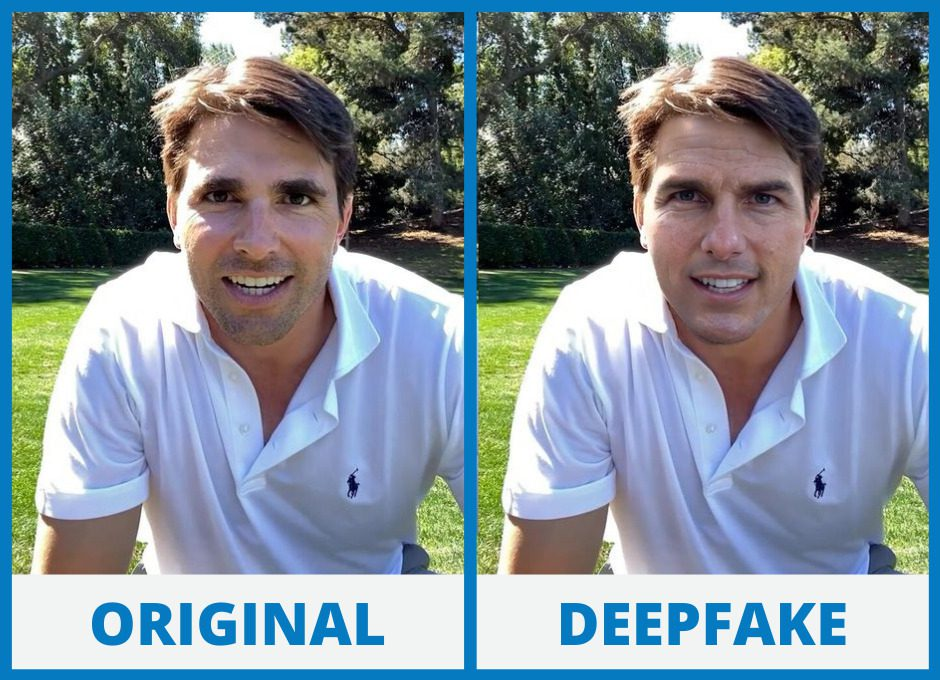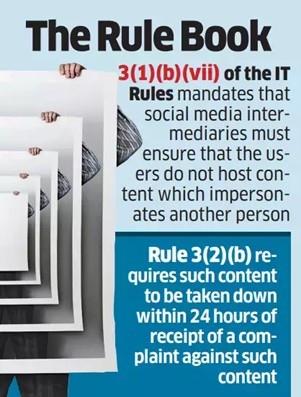




Daily Editorial Analysis
Editorial Analysis based on “Deepfakes in elections: They have shaken our faith in our own judgement” which was published in The Hindu.
Introduction:
Origin:

Impacts of Deepfakes:
|
Impact of fake news in elections: ●Manipulating Voter Behavior: Deepfakes can create fake content personalized for voters, confusing them and influencing their decisions. For instance, fake videos of political opponents can change how people see them, leading to what's called "Deep Fake Elections," where AI-made content affects voter trust. ●Spreading False Information: Deepfake technology, especially with Generative AI, can spread misinformation during elections. For example, during the 2024 Loksabha election, a fake voice of Mahatma Gandhi was used to support a political party. In another case, a deepfake video of a Member of Parliament went viral on WhatsApp, misleading voters and affecting the election process. ●Concerns about Accuracy: Deepfake AI models, including Advanced AI, aren't always accurate, raising doubts about their reliability. There have been instances where Google AI misrepresented individuals, showing the risks of using unchecked AI technology. ●Consequences for Electoral Processes: ○In the context of Indian electoral processes, concerns about deepfakes highlight the broader challenges of conveying truth in a digitally mediated environment. ○Without addressing the underlying issues of context collapse and information overload, regulation alone will not be sufficient to combat the circulation of deepfakes |
Government initiatives:

Conclusion:

© 2026 iasgyan. All right reserved